Topics
Topics
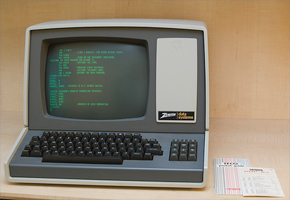
Measuring Usability with the System Usability Scale (SUS)
It is the 25th anniversary of the creation of the most used questionnaire for measuring perceptions of usability. The System Usability Scale (SUS) was released into this world by John Brooke in 1986. It was originally created as a “quick and dirty” scale for administering after usability tests on systems like VT100 Terminal (“Green-Screen”) applications.
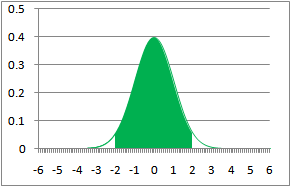
Are Net Promoter Scores Normally Distributed?
Responses to rating-scale data typically don’t follow a normal distribution. However, this is unlikely to affect the accuracy of statistical calculations because the distribution of error in the measurement is normally distributed. Top-box scoring of rating-scale data can provide an easy way to summarize or segment your data in the absence of a benchmark or
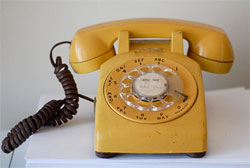
Does Prior Experience Affect Perceptions Of Usability?
Are attitudes about usability constant? If we think something is unusable today, will we think it’s unusable tomorrow, next week or next year? How much does prior experience affect how usable we think a websites or software is? Enough to pay attention to. In a recent assessment, prior experience boosted usability ratings 11% for websites
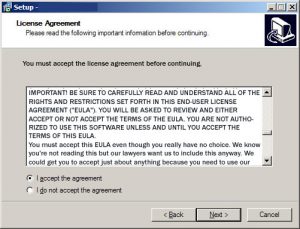
Do Users Read License Agreements?
The short answer is no. Whether free or paid, use software, and you have to agree to pages of legalese. So-called End User License Agreements or “EULAs” are ubiquitous. They are so common, in software and on the web, that many users ignore them and blindly click “Agree” without understanding what they’re agreeing to. While

Measuring Task Times Without Users
A key aspect of usability is efficiency. Users should be able to complete tasks quickly. Efficiency is usually measured as time on task, one of the quintessential usability metrics. For transactional tasks done repeatedly, shaving a couple seconds off a time can mean saving minutes per day and hours per week for users (think Accounting,

Top 10 Research-Based Usability Findings of 2010
5 Second Usability Tests: Ratings of website usability after only 5 seconds are the same as those after 10 minutes. Unmoderated Usability Data is Mostly Reliable: Data from remote usability test takers is rather similar to lab based studies except for task-times which differ more substantially. Cheaters: Around 10% of paid usability testers will cheat

25 Resources For Measuring Usability
Books Measuring the User Experience by Tom Tullis & Bill Albert Beyond the Usability Lab by Bill Albert, Tom Tullis & Donna Tedesco Practical Guide to Usability Testing by Joe Dumas & Ginny Redish Usability Engineering by Jakob Nielsen Practical Guide to Measuring Usability (also available electronically) by Jeff Sauro Handbook of Usability Testing by

Quantifying the User Experience: Practical Statistics for User Research the Book (TOC)
This is the final outline of our book with Morgan Kaufmann. It will bring together almost a decade of research on finding the best statistical approaches to solving the most common issues in user research. Publication date is April 15 2012. Introduction & How to Use this Book Visual Guide to What Test Skipping the

Top-Box Scoring of Rating Scale Data
Rating scales are used widely. Ways of interpreting rating scale results also vary widely. What exactly does a 4.1 on a 5 point scale mean? In the absence of any benchmark or historical data, researchers and managers look at so-called top-box and top-two-box scores (boxes refer to the response options). For example, on a five-point

How Many People Cheat In Online Surveys?
Remote user research has increased the demands for people willing to take surveys, provide website feedback and participate in usability tests. In exchange for their time, users are compensated. One drawback to these professional users is that there are some who are in it just for the money. Consequently, they may not take your study
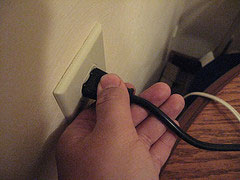
What Happens To Task-Ratings When You Interrupt Users?
In usability testing we ask users to complete tasks and often ask them to rate how difficult or easy the task was. Does it matter when you ask this question? What happens if we interrupt users during the task instead of asking it after the task experience is over? Almost ten years ago researchers at
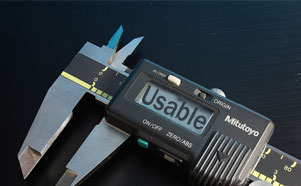
What Metrics Are Collected In Usability Tests?
There are many helpful books on usability testing. It is also helpful to know what actually happens in usability tests, including what metrics people collect. I asked MeasuringU newsletter subscribers to answer a few questions about how they measure usability. Sign up for weekly updates at the bottom of this page. In addition to the